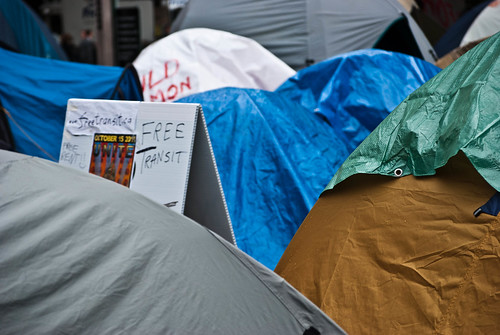RLC in London
We would like to thank you all for a most fantastic day at LARC last Saturday. Thank you for your participation, your ideas and conversations. We feel very optimistic that good things will come from this.
If you have blogged about the day, please send/tweet us the link (Lauren Smith is writing some excellent pieces about the day here). If you would like to write something for this blog, just let us know and we’ll put it up. We’ll also put up photos and anything else from the day so send them in if you’d like to share.
With many thanks to Sara, the various mind-maps and notes from the day have been digitised and are available as follows:
- Censorship
- Taking discussions/ideas back to the workplace
- Libraries and Youth
- The professional route (the qualification)
- Surveillance
- Plenary – Part I, Part II and Part III
Tweets and discussion from the day can also be found on the Storify we created here.
Local RLC Groups
There was a will in the plenary session to look at the creation of localised groups (LOCALISM FTW!) that would meet up, arrange similar events locally and help to establish networks of like-minded radical librarian folk across the country. Some preliminary discussions and organisation are beginning emerge, with local networks beginning to organise themselves in the north east, south west and south east. We want to facilitate this as much as possible, so if you are interested in either beginning to organise a group or wish to be involved in one, get in touch and we will do our best to connect you with others. The key to all these groups is to stay true to the ethos of the ethos of the first Radical Librarians Collective gathering in Bradford (and subsequently in London). In other words, they must be radical, open and horizontalist; they just reflect a rejection of the marketisation of libraries and the profession; must adhere to a safe space policy and must avoid any form of sponsorship (no “This event is brought to you courtesy of [insert name of faceless corporate entity or professional body here]” please!).
Aside from putting you in contact with emerging local groups, please do feel free to contact us if you require any advice/support/guidance etc and we will do our best to help out.
GO FORTH AND ORGANISE!
The Wiki
Related to the above, if you wish to build on some of the things discussed at the gathering, create projects collectively etc, don’t forget to make use of our Projects wiki (see here for information). There are already some interesting ideas being developed there so do request membership and get involved.
Obligatory non-capitalist financial information section
We paid for the venue with the remainder of the donations from the Bradford RLC: £80 (£40 venue hire + £40 donation – LARC are always struggling financially so we wanted to contribute more to the frankly low venue cost).
Donations on the day totalled £175 which covered lunch from Shambhu‘s plus a small extra donation to LARC (£15).
Thanks.
If not now, when? If not you, who?

